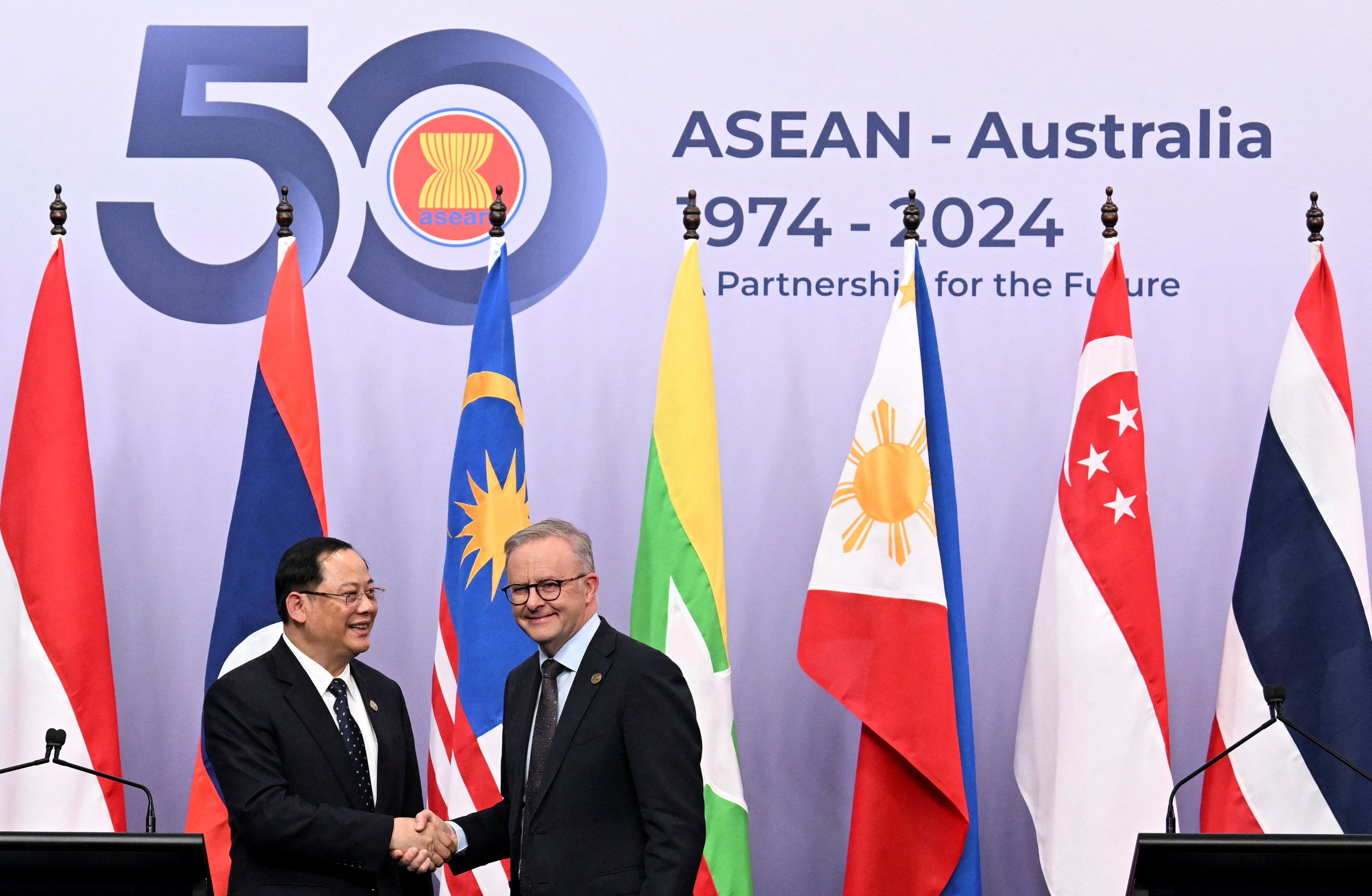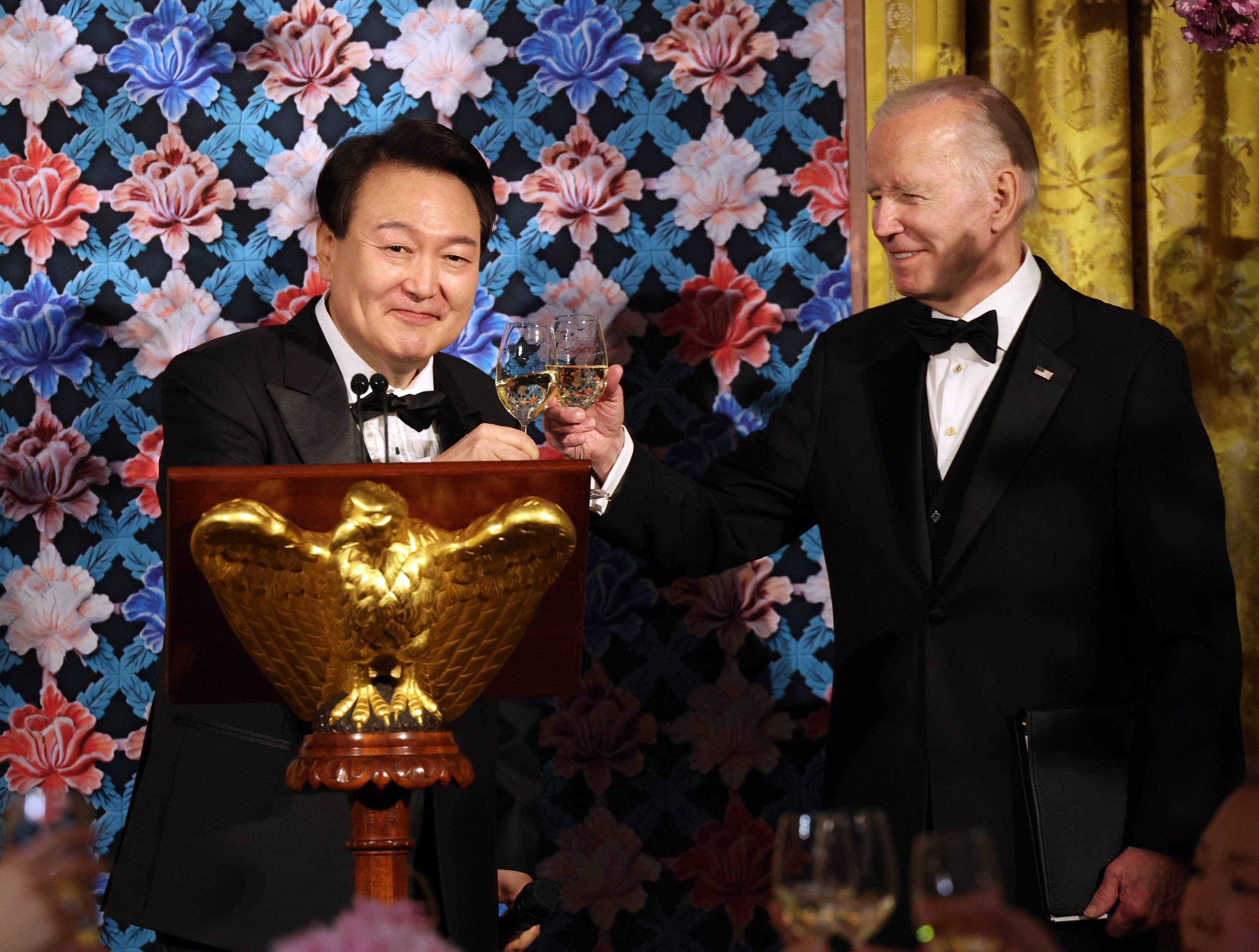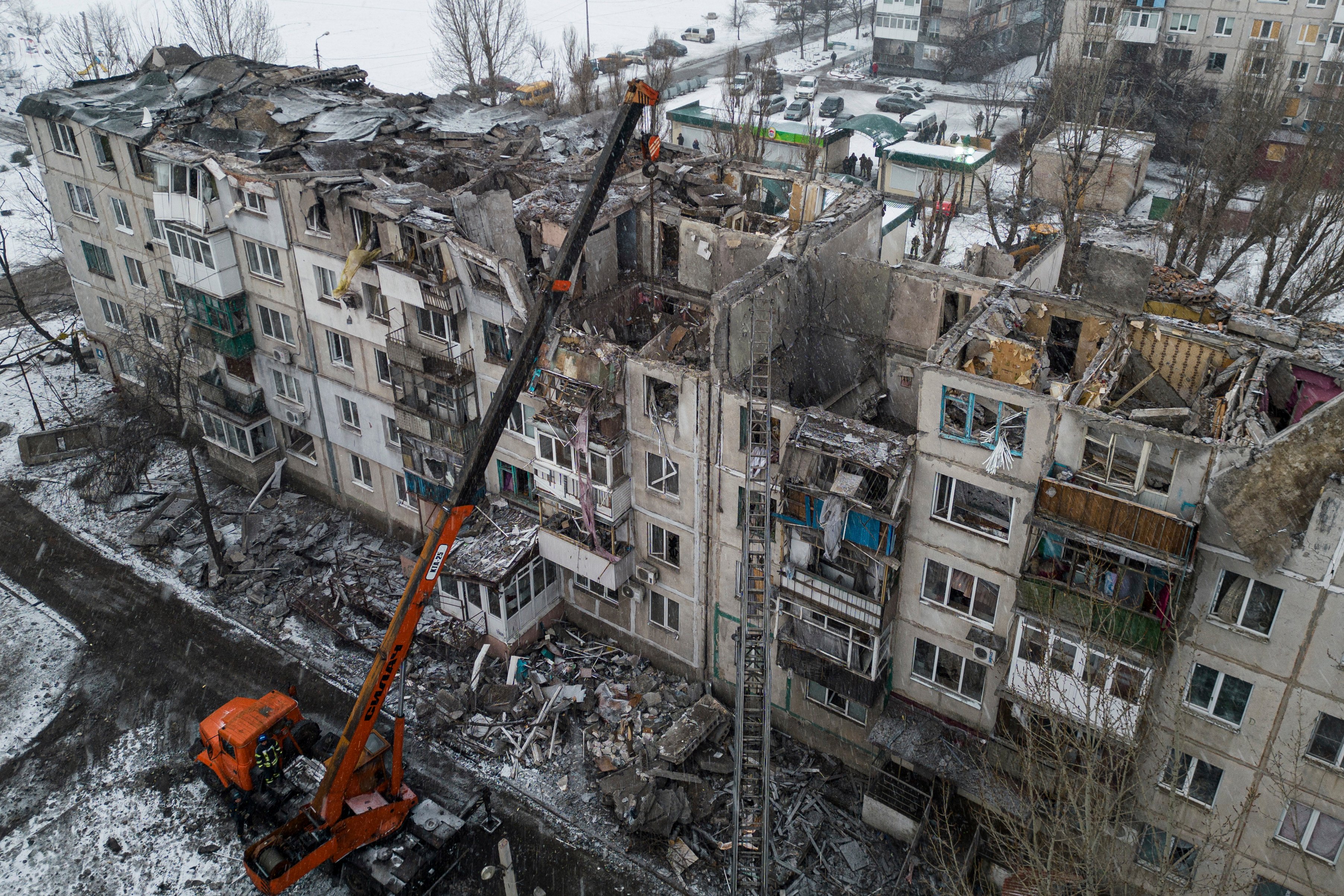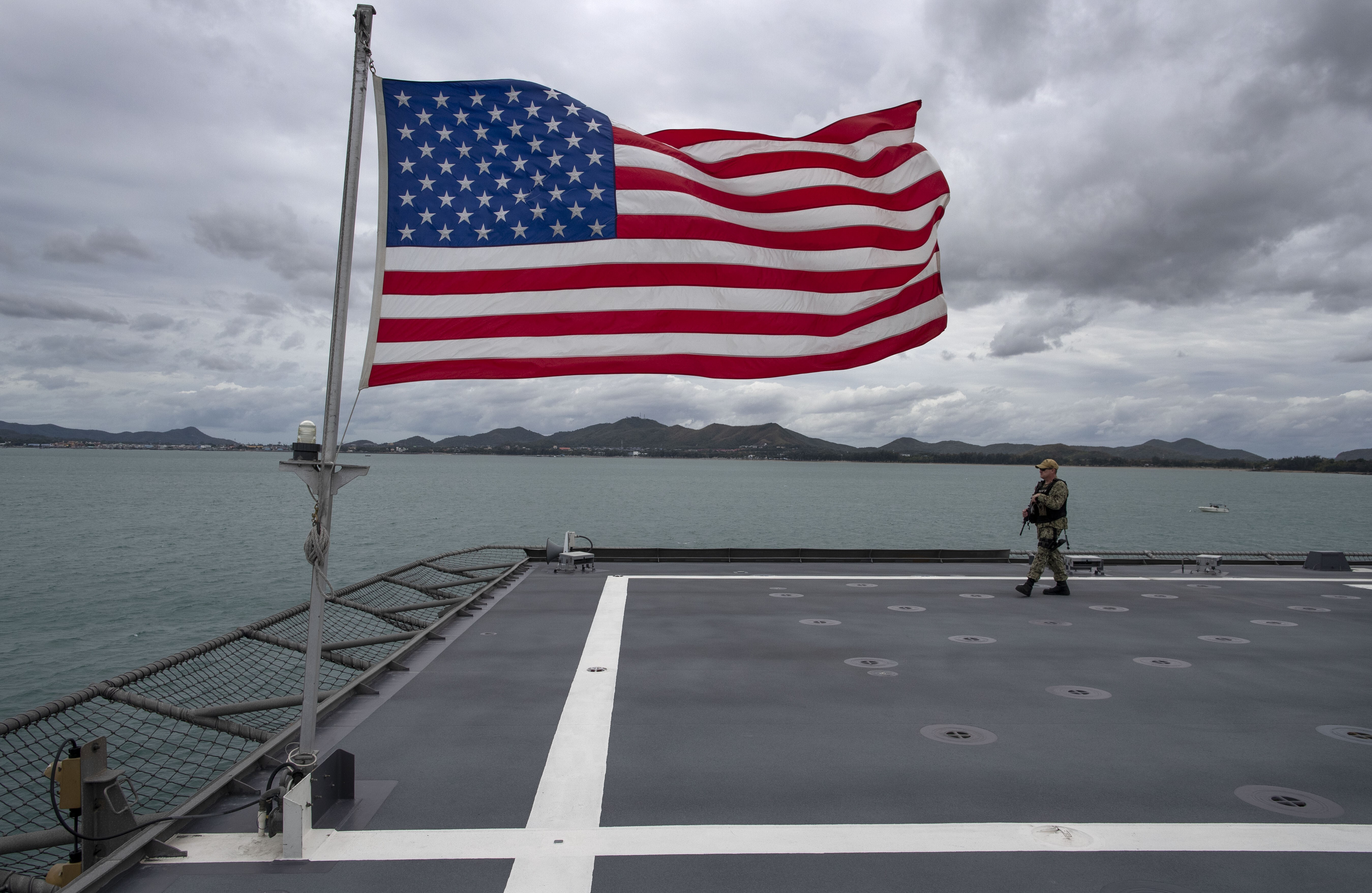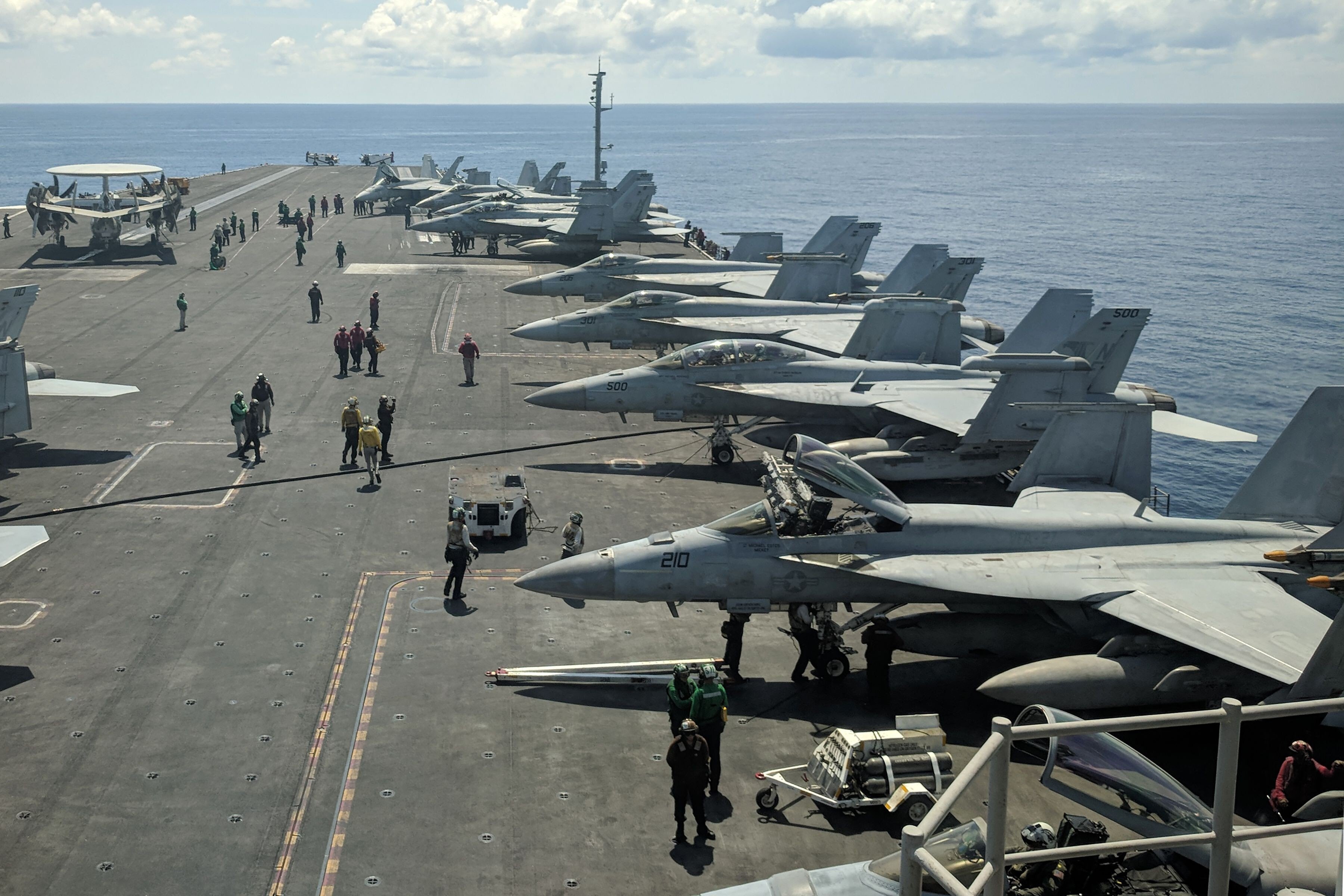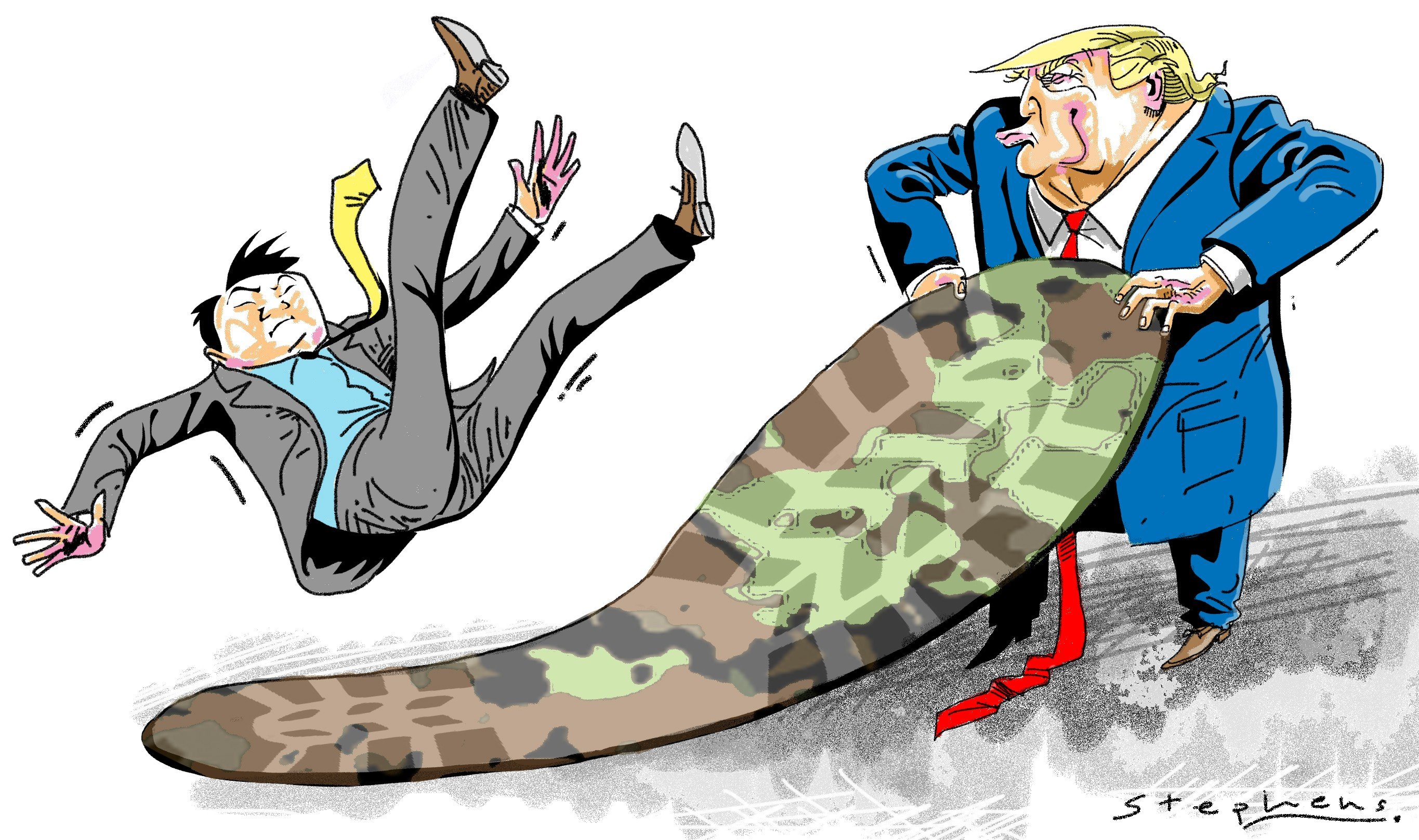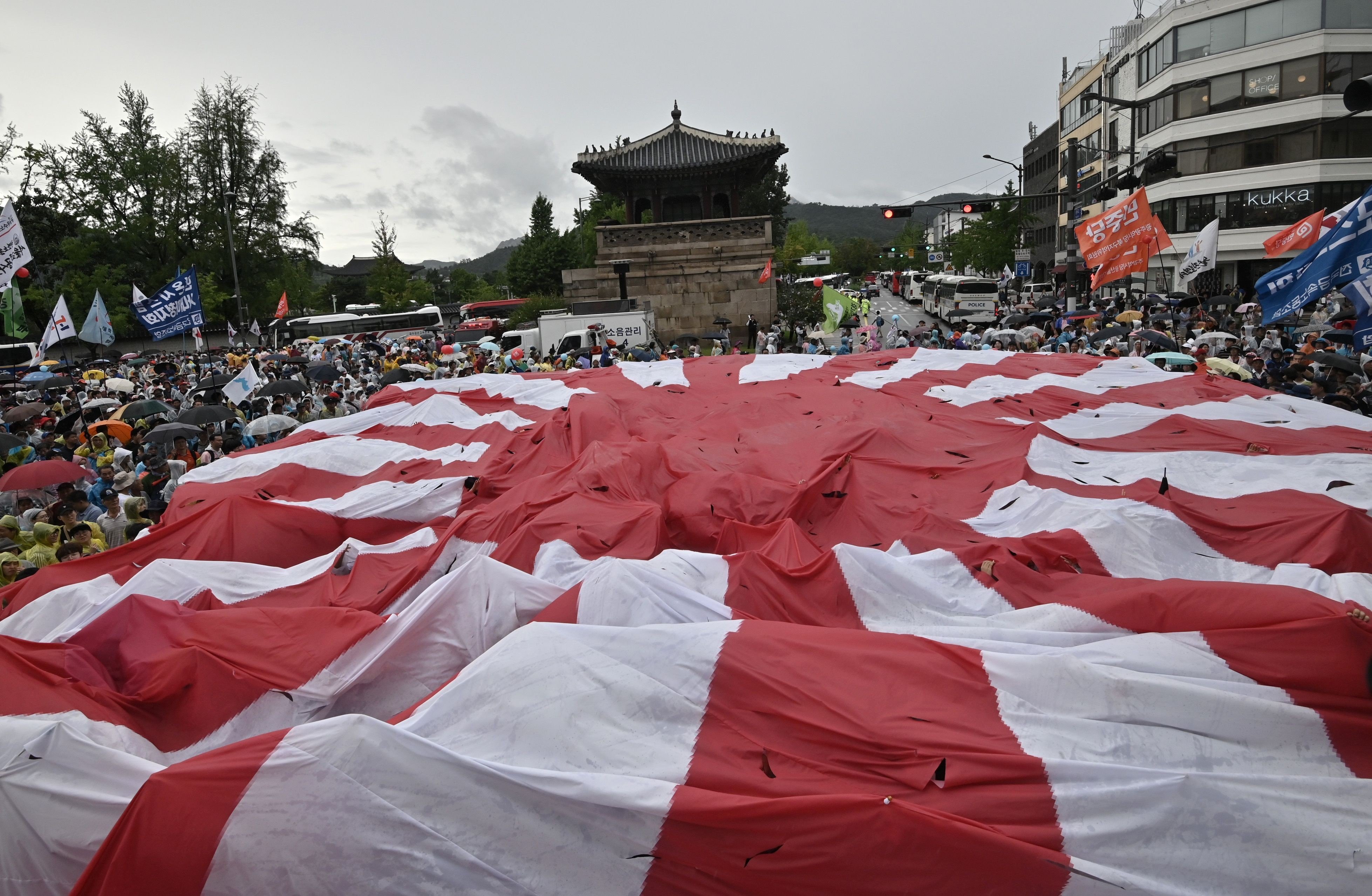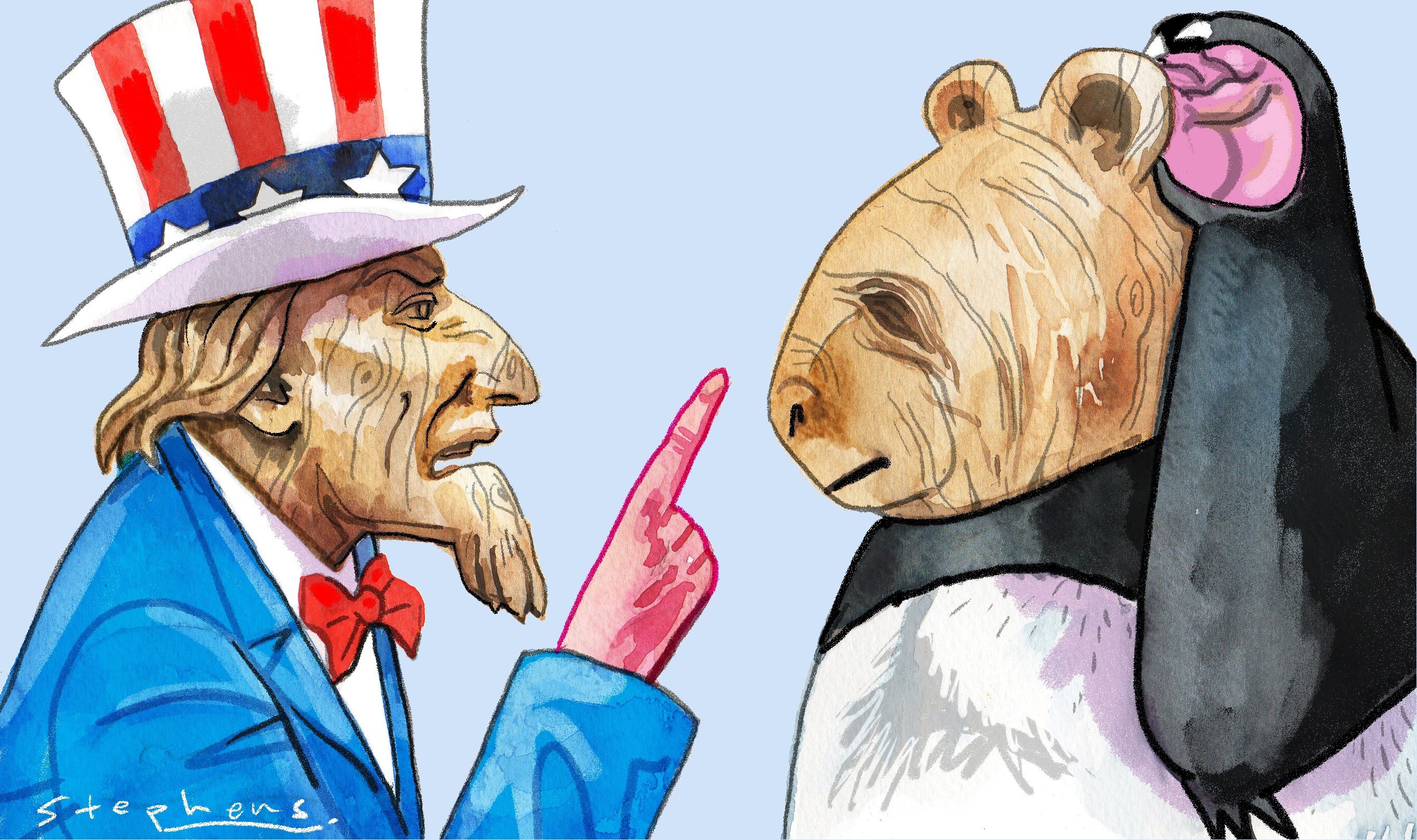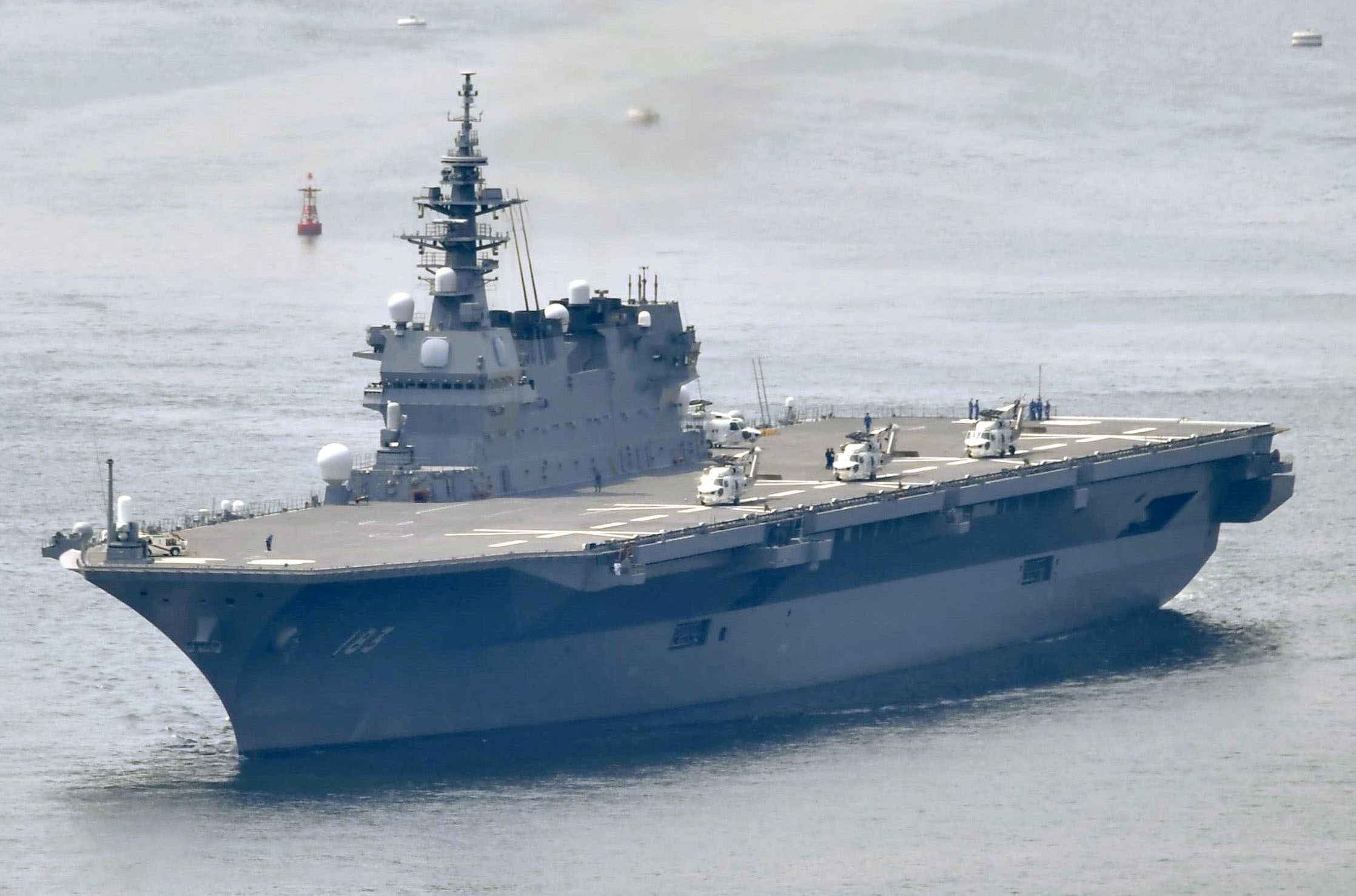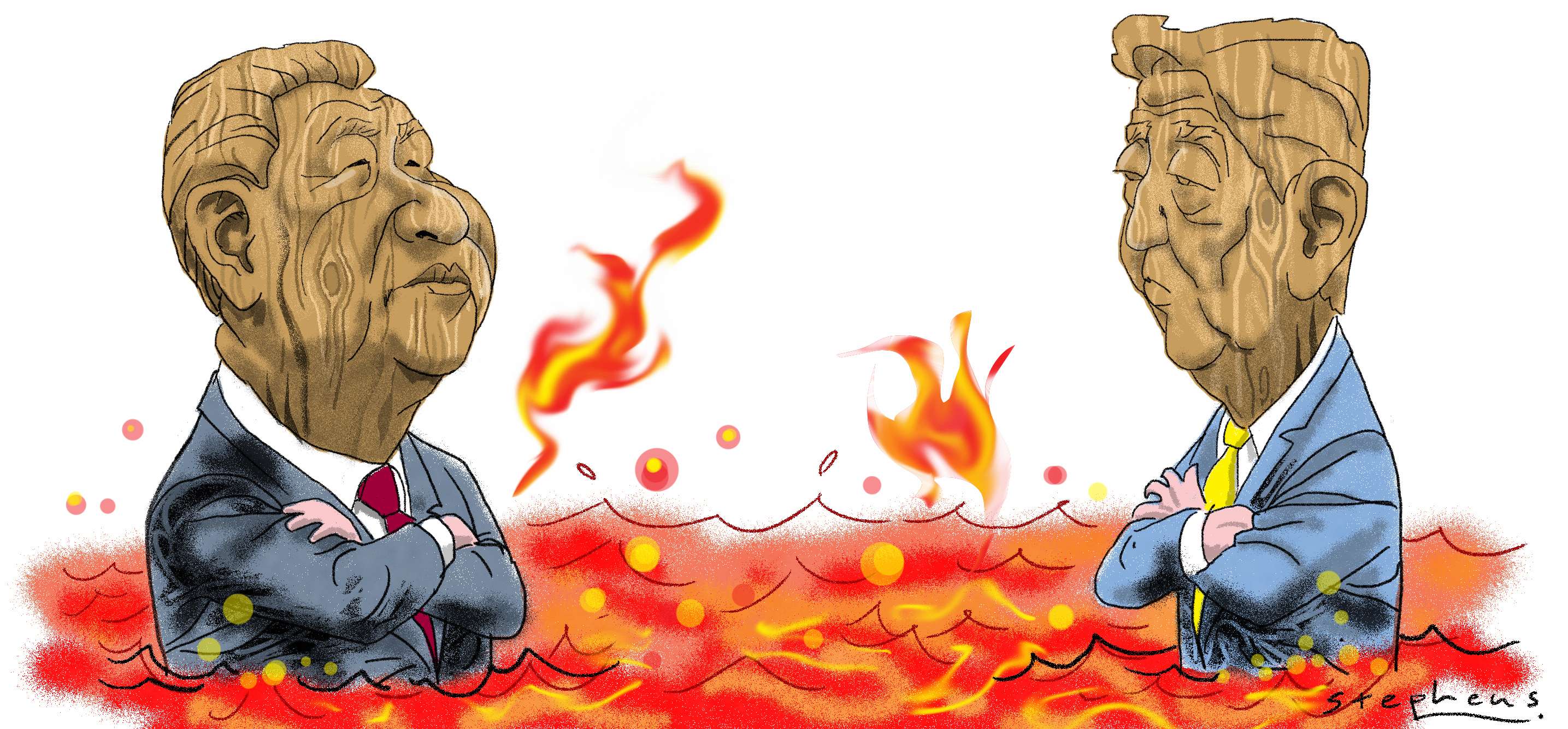
Australia and Japan can help Asean leverage Australian and the Quad’s resources to manage the more assertive aspects of China’s regional behaviour.
President Yoon has touted his new Indo-Pacific policy and the Korean-Asean Solidarity Initiative as a key step to elevate Seoul’s strategic role in the region and become a ‘global pivotal state’.
Some Southeast Asian countries are shifting from a position of studied neutrality as impact of war makes it difficult to ignore brute use of force and its corrosive effect on rules-based order.
The US should avoid presenting binary choices as part of its ongoing rivalry with China and adopt a looser cooperative approach in pushing back against Beijing.
Maintaining its ties with Washington and Beijing without provoking the ire of either will prove trickier as US-China relations deteriorate and tensions grow in the South China Sea.
By threatening to pull out of South Korea and letting a long-standing US-Philippines military agreement end, Trump has breached the unthinkable. The worry is that the US may strike a withdrawal deal with China in the South China Sea, carving up the disputed waters in a sort of Guam Doctrine.
Tokyo and Seoul have sought to resolve their latest dispute, but they need to address deep-rooted issues that threaten the strategic balance of the region. One side needs to show genuine contrition and the other side needs to forgive.
While China consolidates its position in Asia, its neighbours and the US are adjusting accordingly. War serves neither side’s interests, especially if they can find ‘focal points’ for negotiation.
The ‘free and open Indo-Pacific strategy’ most stridently championed by the US is to some extent supported by members of the Quad security bloc, but Asean refuses to be drawn into any configuration which focuses on a putative China threat.
Despite the challenge a rising China presents to the post-war security order, it is the Trumpian approach of excoriating allies and tearing up global rules that has the region worried.
